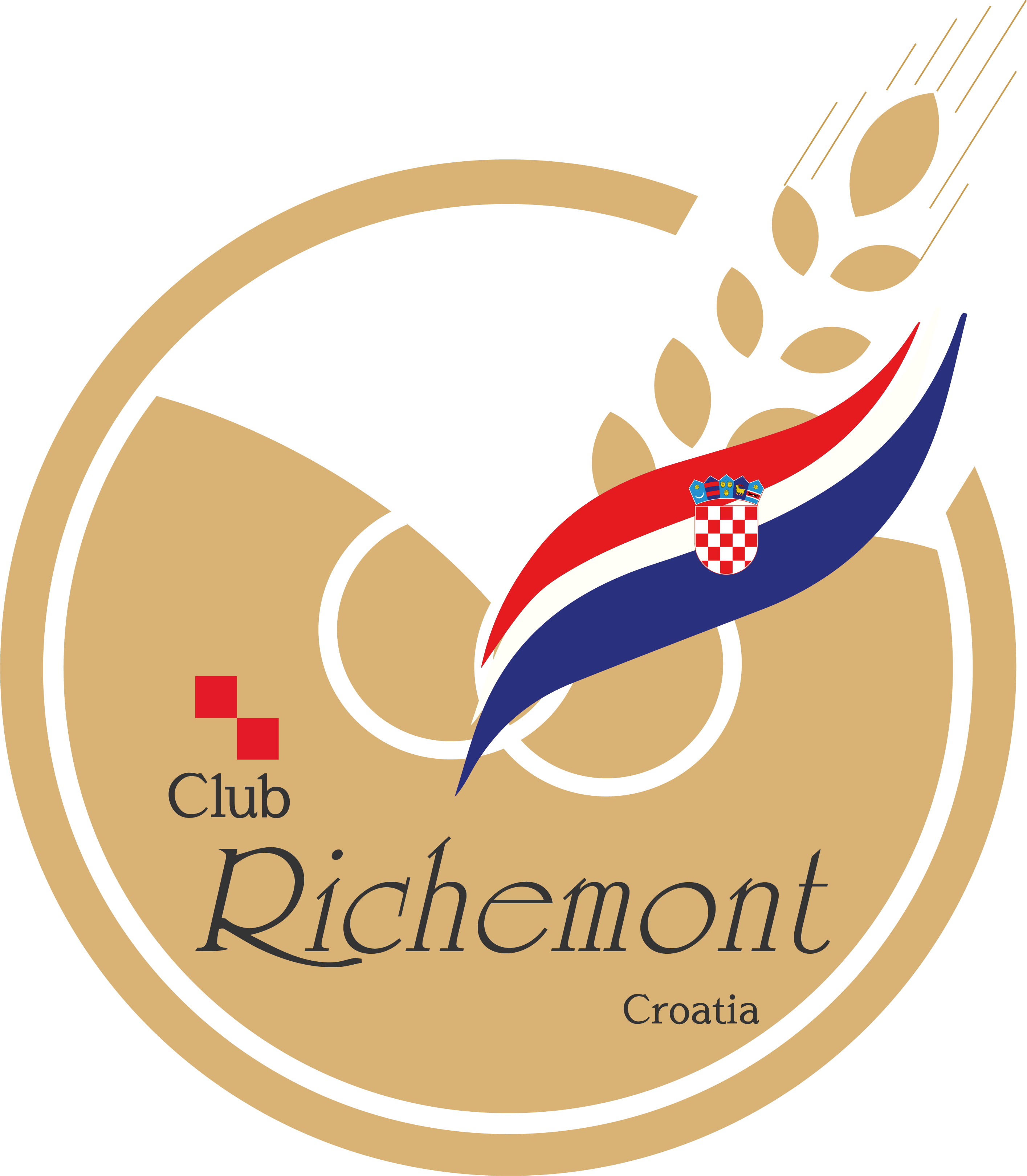Posjetite nas na facebooku
Novosti
Our "second brain" controls our health - the importance of the microbiota
What is the intestinal microbiota? It is the population of 100 billion bacteria in our digestive system, a figure ten times higher than the number of cells in our body. Until now we knew it as the intestinal microflora.
Serotonin, which is related to happiness and good humour, is mostly produced in our intestines. It has been shown that chemicals produced by intestinal bacteria have an influence on the immune system and these, in turn, on the brain. That said, calling the intestine the "second brain" seems to be totally justified.
This "second brain" is an "acquired organ." This means that colonization of the intestine begins just after our birth and develops over the years. Experts explain that the intestine of babies is a "sterile organ" at birth. Their digestive system is colonized by the mother´s microorganisms and the environment, such as the air. From the third day of the baby's life, the composition of the intestinal microbiota depends directly on how it is fed. If it is breastfed the intestine will be dominated mainly by bifidobacteria.
According to scientists, the human microbiota stabilizes approximately at the age of 3. However, over the years the balance of the microbiota can be depleted due to the loss of bacterial diversity. There is a part of the intestinal microbiota that is totally personal and determined by our environment and diet. But there are also factors that can modify the dominant microbiota, for example, hormonal variations during puberty, pregnancy or menopause. During the third age, these variations are more noticeable.
Other reasons why the microbiota is impoverished can be a decrease in defences in the immune system, a less varied diet, the intake of medications such as antibiotics and also a busy lifestyle. This imbalance of the microbiota can cause intestinal diseases such as irritable bowel syndrome, intestinal inflammation, celiac disease ... but also psychiatric diseases, allergies, asthma and cardiovascular diseases. When this happens, we are faced with dysbiosis. Dysbiosis is characterized by a greater presence of harmful microorganisms in our intestines.
The microbiota helps the body digest certain foods that the stomach and small intestine are unable to digest. In addition, it contributes to the production of vitamins of group B and K and helps to maintain the intestinal mucosa, in order to combat aggressions of other microorganisms. When imbalance of intestinal microbiota occurs, pre-probiotics help improve functioning by supporting the growth and activity regeneration of good bacteria. This type of pre-probiotics is found in fermented foods such as sourdough.
A mass of flour or crushed grain is understood under the term sourdough, in which, in addition to natural wild yeasts, acid-forming bacteria are always present. Acidification, mainly lactic acid, is produced by the activity of bacteria.
By means of the traditional method of conduction using a cultivated mother mass, the acidification and the sponge of the mass, you will only have thanks to the microflora of the mother mass. Yeast additives (pressed yeast) are not required.
Bread making with sourdough is the oldest form of elaboration, known since the time of the Egyptians. It was developed in a casual way, considering that any mixture of flour and water produces a spontaneous fermentation when allowed to stand exposed to the air.
If on the one hand we understand that the intestinal microbiota plays a very important role in our lives and in the functioning of our organism and on the other hand, sourdough is a fermenting agent when it comes to making bread, then eating bread that is elaborated with sourdough is synonymous with healthy food.
There are still bakers who still very much rely on making bread based on sourdough dough, letting the breads rest and develop respecting their times.
As end consumers, we must look for bakers that assure us the development of healthy and beneficial bread based on sourdough.
Legal
Richemont klub Hrvatska
Bani 100, 10010 Zagreb
Tel: +385 1 66 22 608
Fax: +385 1 660 80 40


Komentari